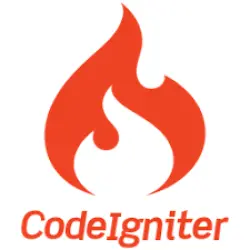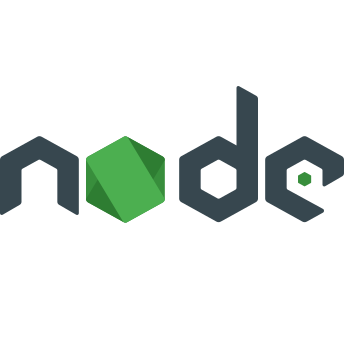Unlike public blockchain, Participants can join a private blockchain network only through an invitation where their identity or other required information is authentic and verified. Here the validation is done by the network operator(s) or by a clearly defined set protocol implemented by the network through smart contracts or other automated approval methods.
In Private blockchains control who is allowed to participate in the network. If the network is capable of mining, its private nature could control where users can execute the consensus protocol that decides the mining rights and rewards. Additionally, only select users might maintain the shared ledger. The owner or operator has the all the right to override, edit, or delete the necessary entries on the blockchain as required or as they see fit.
Advantages of Private Blockchain
1) Unlike public block chain, a private blockchain is not decentralized. It is a distributed ledger that operates as a closed database secured with cryptographic concepts and the organization's needs. Only those with permission can run a full node, make transactions, or validate/authenticate the blockchain changes.
2) By reducing the focus on protecting user identities and promoting transparency, private blockchains prioritize efficiency and immutability—the state of not being able to be changed.
3) These are important features in supply, logistics, payroll, finances, accounting, and many other enterprise and business areas.
-
Low-risk transactions because of KYC authentication
-
Increased stability and scalability
Our developers are ready to analyse and work on your requirements and help you familiarize with the possibilities of Blockchain technology to meet your business demands.
QueryFinders Solutions is providing the best blockchain development services globally. We can be the best choice for your private blockchain development demands as we provide a highly-secure private blockchain infrastructure of shared peers.
 info@queryfinder.com
info@queryfinder.com
 +91
8000841620
+91
8000841620
 +1 (778)
882-3143
+1 (778)
882-3143










